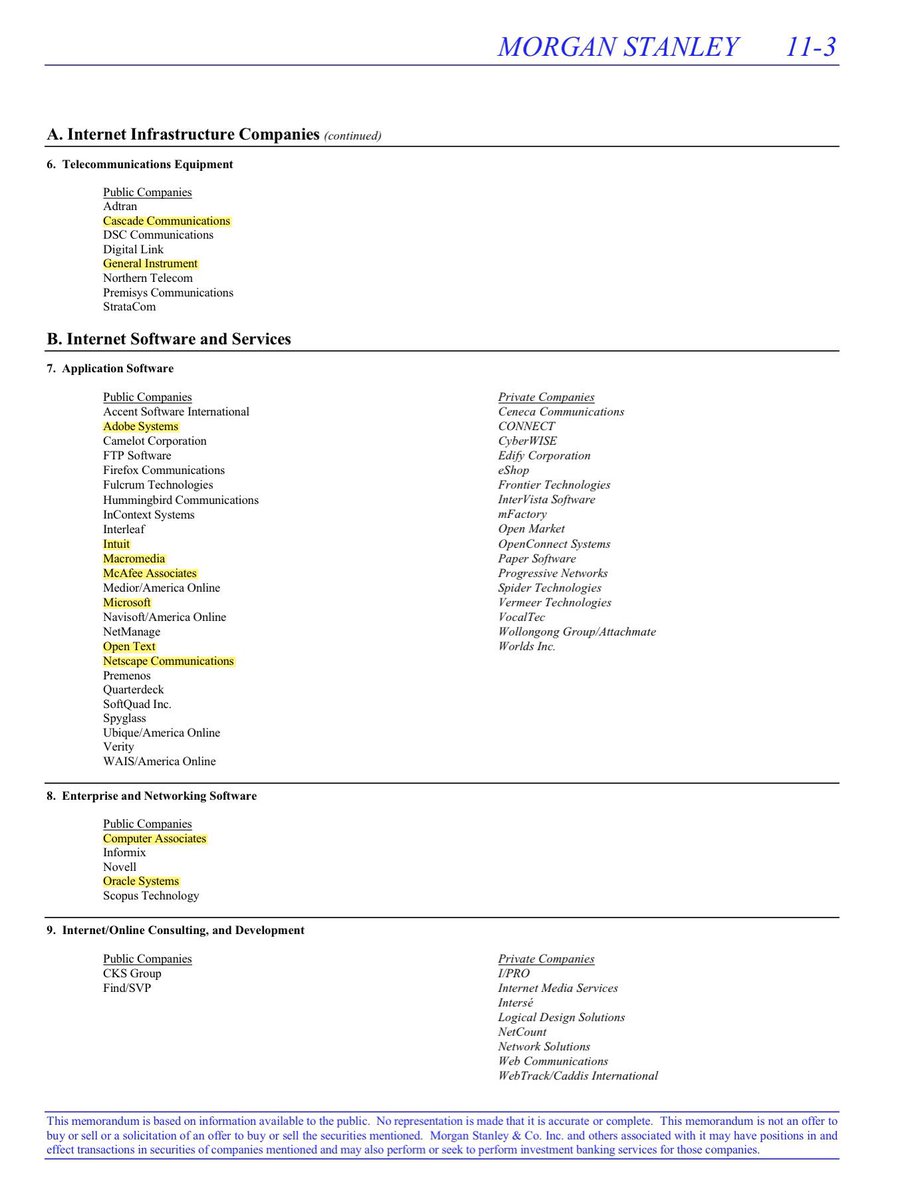
1/ Me: "My worst nightmare is somebody I love is in trouble and I can’t help them. That’s the point of having money. That’s the point of having strength. That’s the point of preparing yourself. I’m always ready to do that, because I couldn’t live with him myself if I couldn't." 

2/ "Start a company, you've got to be brave. Write a book, you've got to be brave. Paint that painting behind you, you've got to be brave. You must be willing to say: 'This is my painting.'"
There is a transcript of this podcast that is out today at: infiniteloopspodcast.com/tren-griffin-w…
There is a transcript of this podcast that is out today at: infiniteloopspodcast.com/tren-griffin-w…
3/ "If you give children opportunities to make mistakes and do things, they will be independent. When they go to college and through life, they're going to make great decisions. If you truly love them, do that. The downside is they're not going to call you often. Do it anyway."
4/ Malone and Murdoch story: Focus on the best decision given the facts you have right now, because a lot of uncertainty is eliminated over time. New uncertainty enters the picture, but as you get the new facts, be rational, think about opportunity cost and let go of your ego."
• • •
Missing some Tweet in this thread? You can try to
force a refresh










